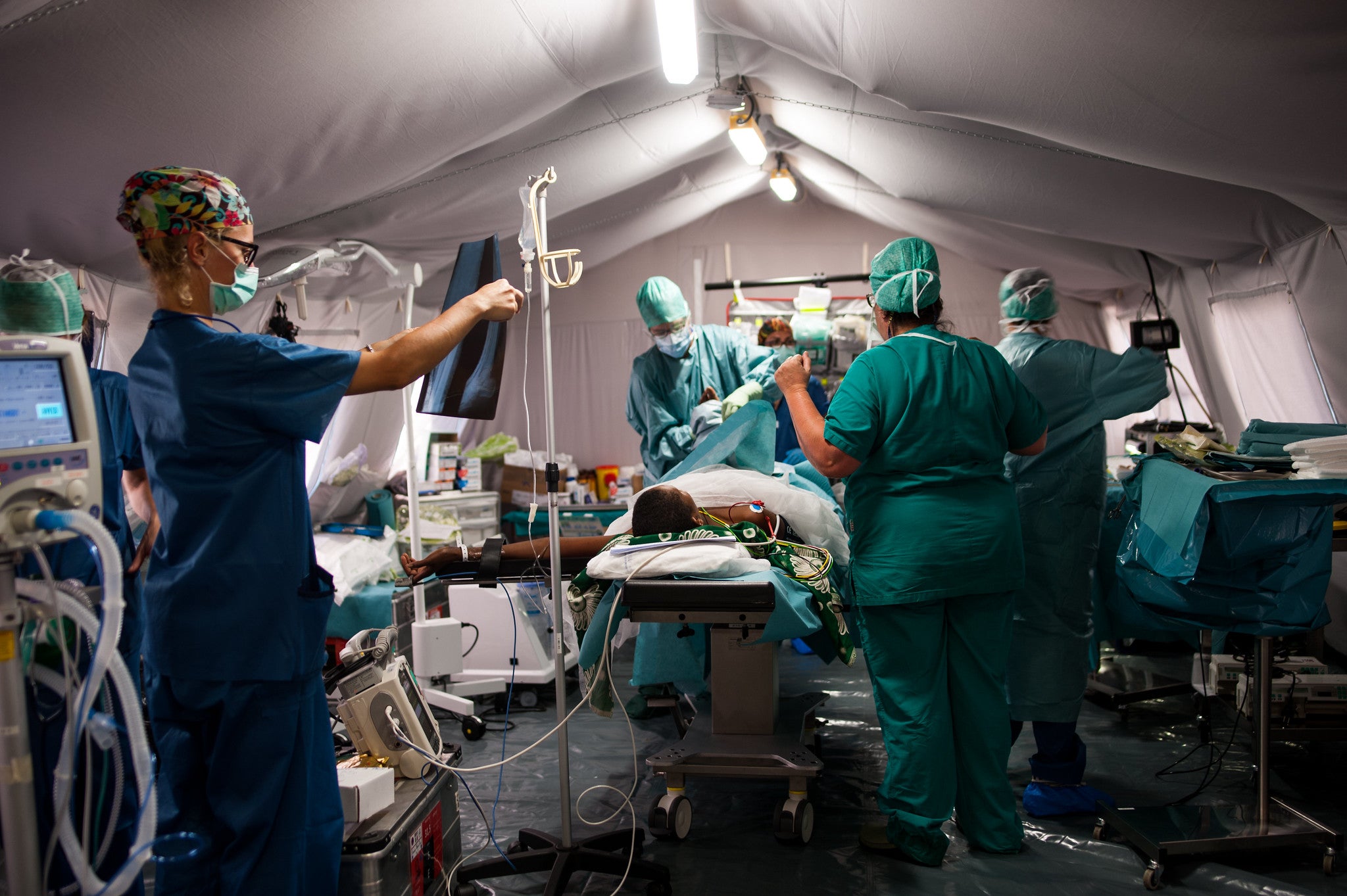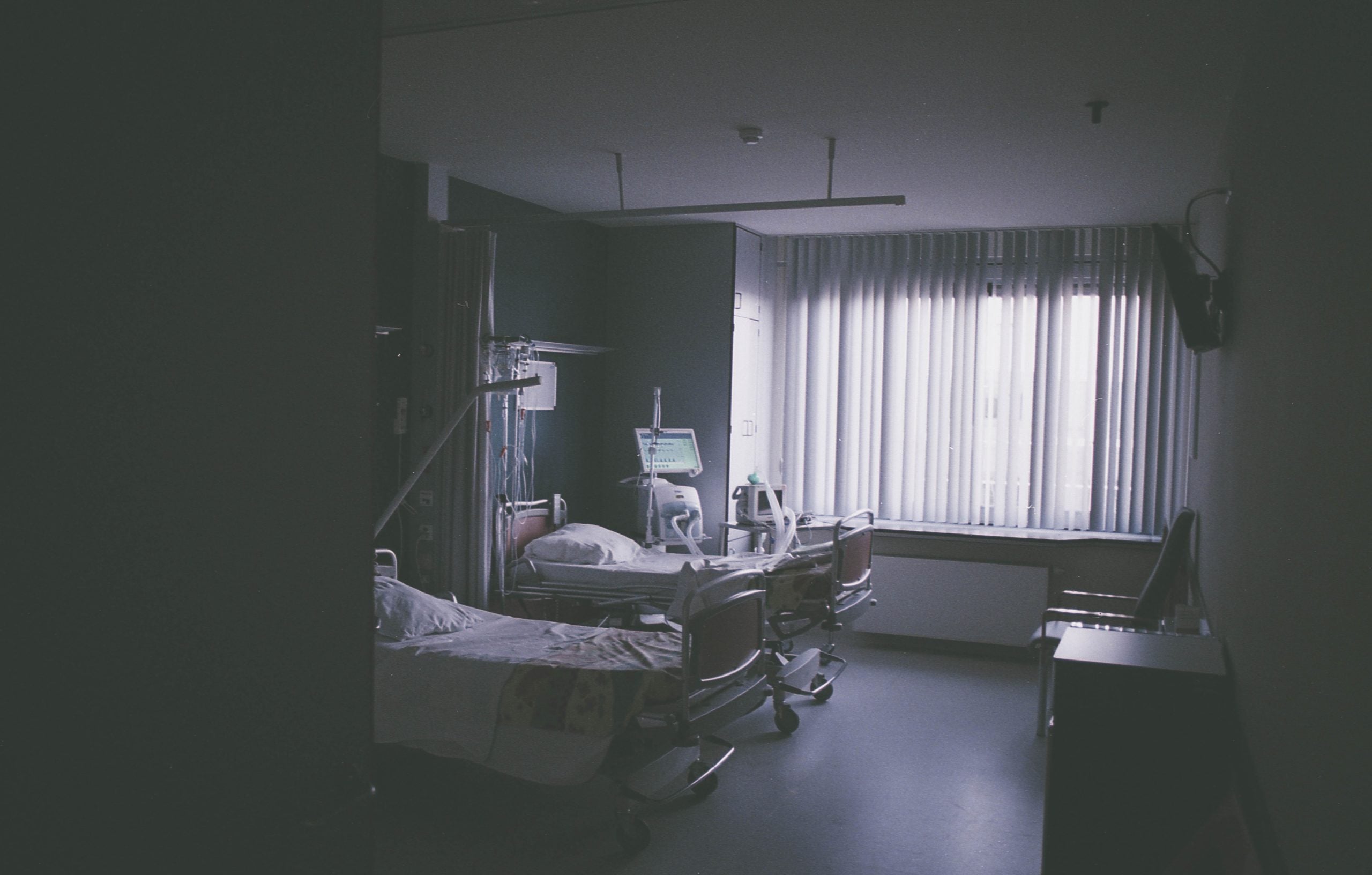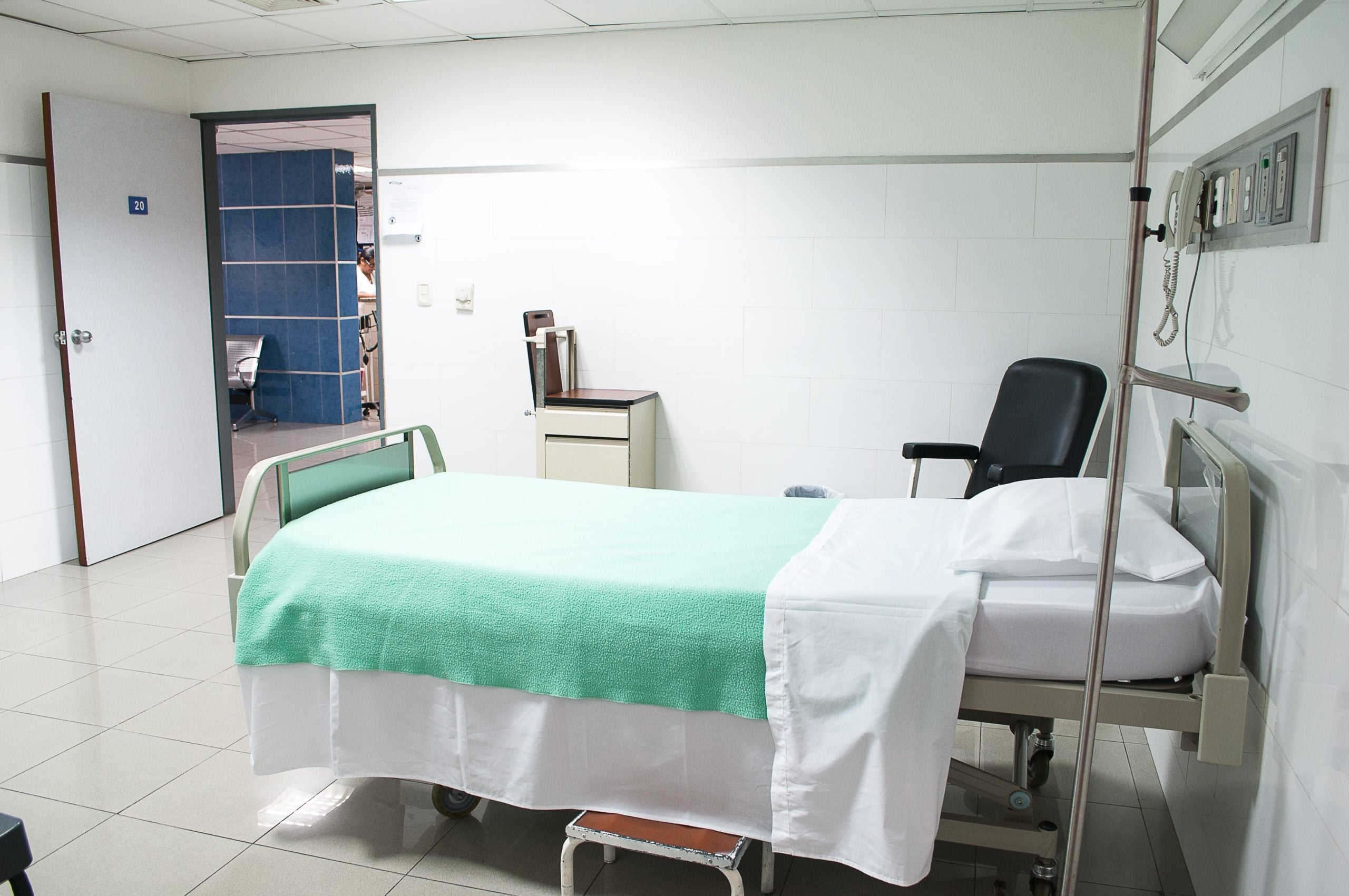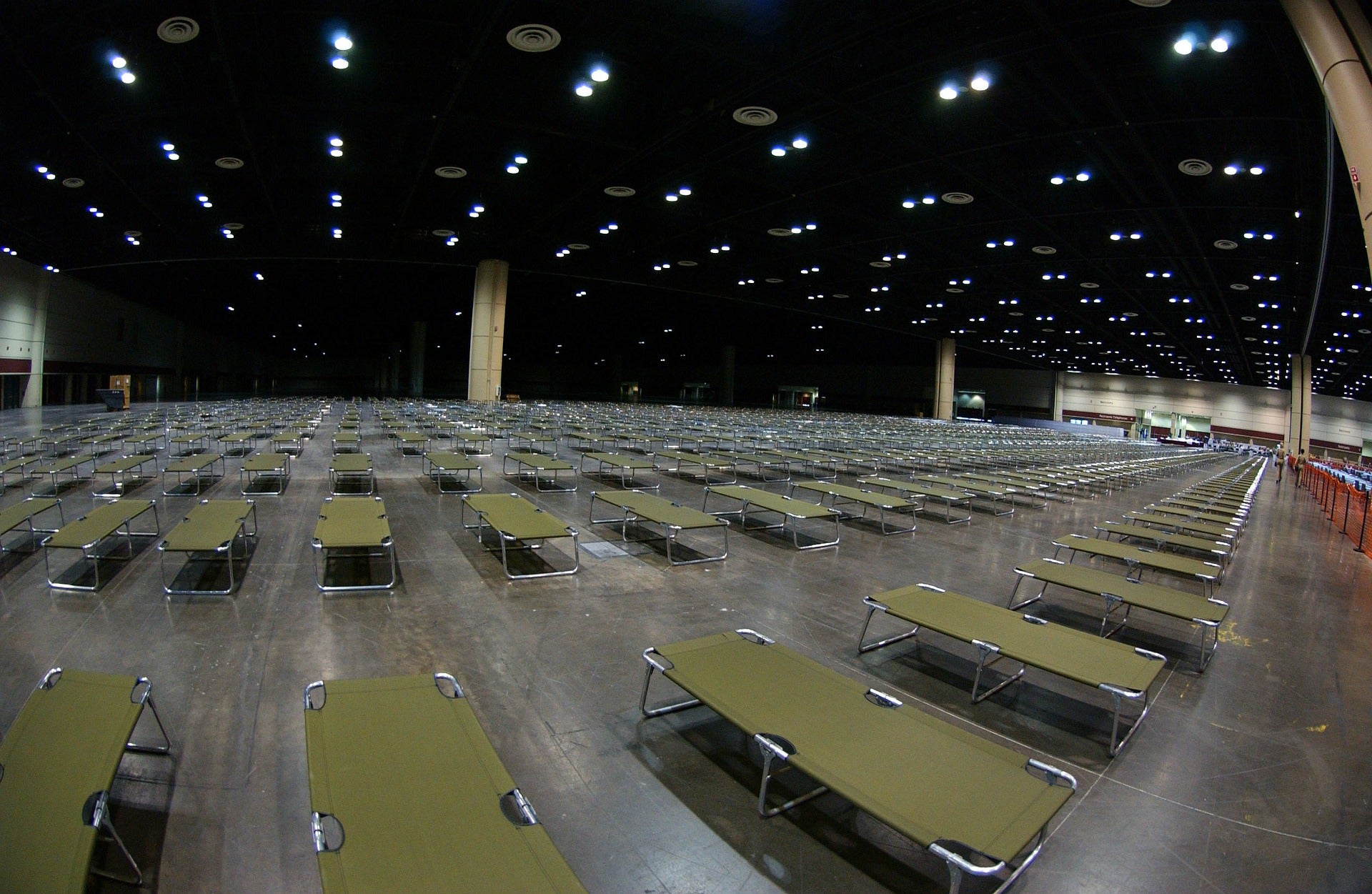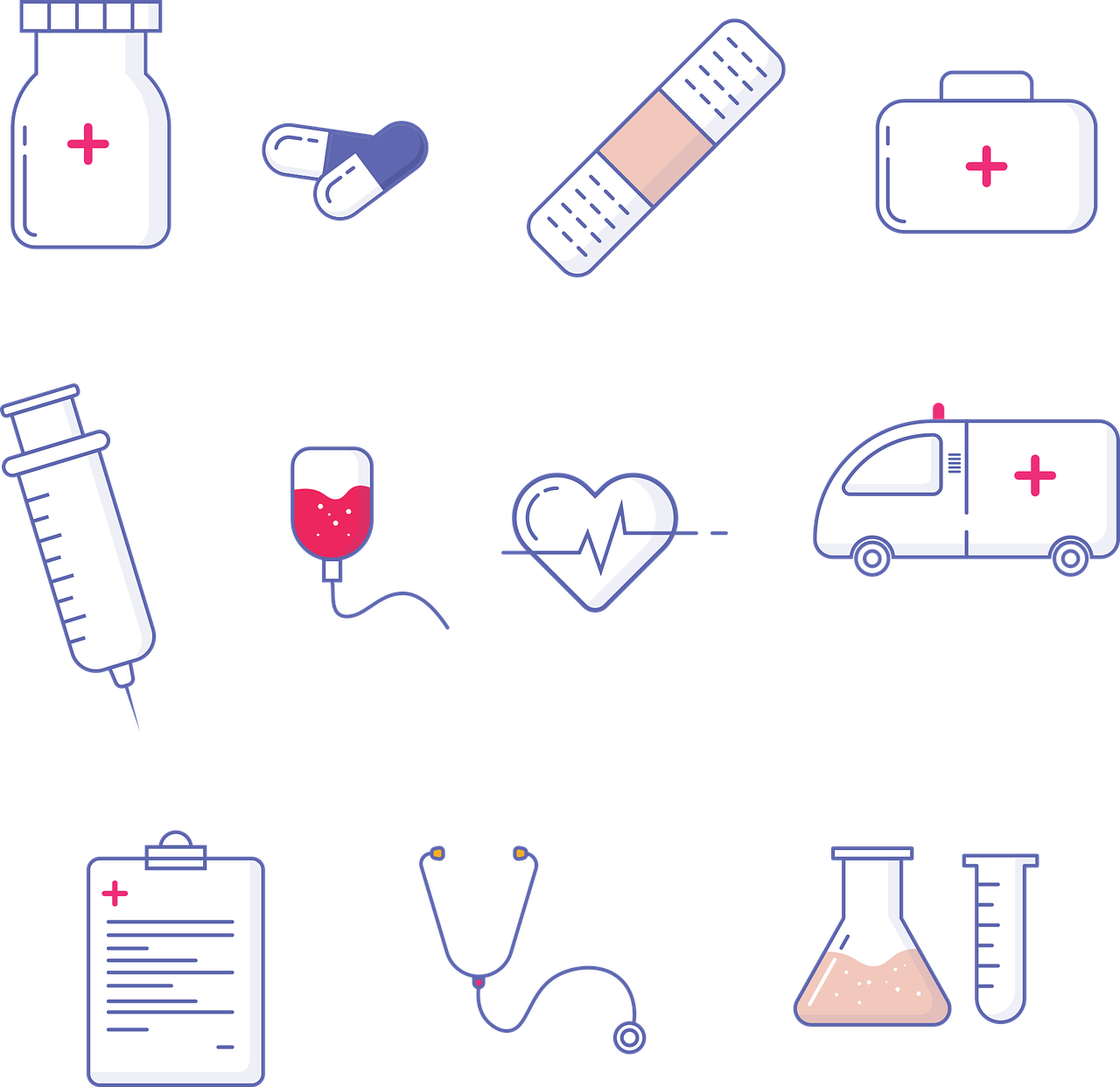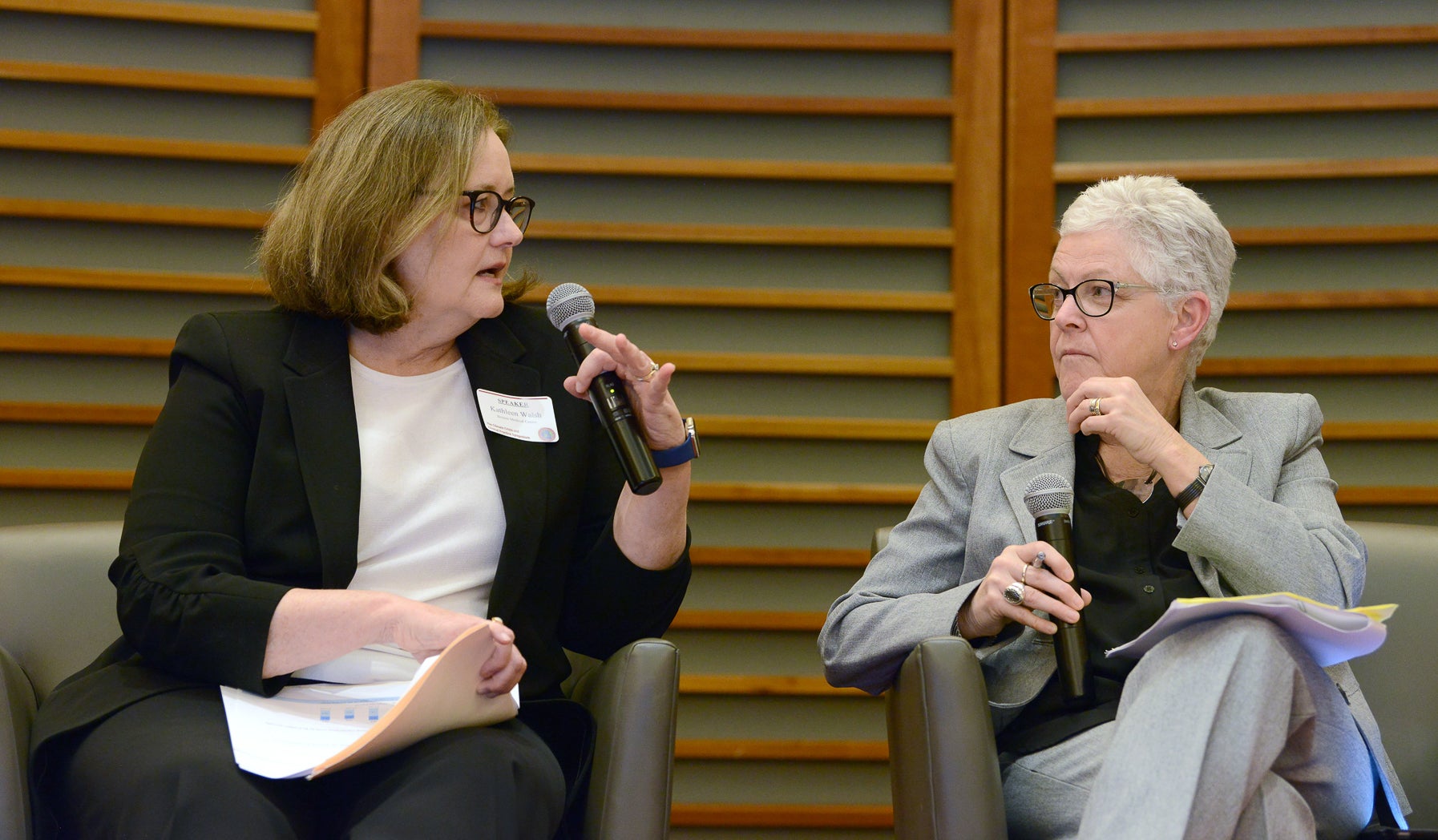Surgical, obstetric, and anaesthesia (SOA) care is one of the major contributors to climate change within the health sector because it is resource-intensive and creates substantial greenhouse gas emissions. At the same time, five billion people do not currently have access to safe and timely surgical care, and climate change will substantially increase the quantity and severity of conditions that require SOA care.
Our Director Dr. Aaron Bernstein joined Drs. Lina Roa, Lotta Velin, Jemesa Tudravu, Craig McClain, and John Meara to outline strategies for the surgical, obstetric, and anaesthesia community to sustainably scale up SOA care in ways that reduce greenhouse gas emissions and address health equity and social justice issues.
The authors share mitigation and adaptation strategies in The Lancet Planetary Health.
Medical facilities or operating rooms
- Mitigation
- Make efficient use of energy-intensive equipment
- Consider environmental effects when choosing single-use versus reusable devices
- Decrease use of nitrous oxide and halogenated agents for anaesthesia
- Adaptation
- Engage in active relocation of vulnerable health facilities
- Develop toolkits to reduce environmental harms of operating-room practices
- Support SOA response to people affected by natural disasters
Academic and professional research and education
- Mitigation
- Put pressure on academia and governments to divest from fossil fuels
- Research sustainability of SOA practices and innovate energy-efficient solutions
- Adaptation
- Train SOA workforce in strategies to reduce environmental harms of the operating room and disaster preparedness
- Lead advocacy efforts to climate-proof the expansion of SOA care
- Collect evidence and develop guidelines around system disruptions and sustainable practices
- Use existing channels, such as conferences, to educate on the issues of climate change and its effect on surgical patients
National-level health systems
- Mitigation
- Set goals and national roadmaps to get to net zero emissions in line with the Paris Agreement
- Promote the role of industry in innovation to mitigate climate change
- Improve waste management
- Adaptation
- Ensure no one is left behind in surgical-care delivery
- Consider climate change in national health policies
- Coordinate a sustainable scale-up of SOA care












